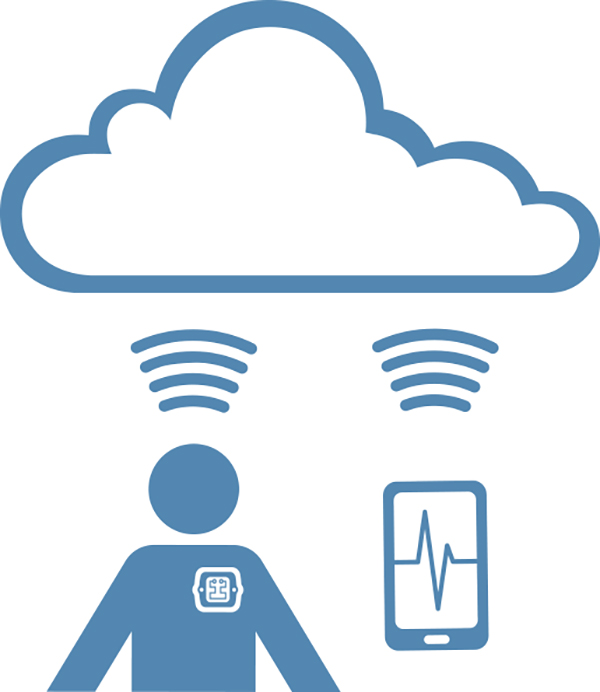
With the ever-increasing adoption of connected devices, the agency is emphasizing the need for effective cybersecurity.

With the ever-increasing adoption of connected devices, the agency is emphasizing the need for effective cybersecurity.

Blockchain technology helps support the goal of decentralizing the healthcare sector and providing patients with the information they deserve about their own healthcare data.

Experts will explore how digital technologies have opened up new opportunities for patients, providers and medtech manufacturers.

The total $8.4 billion fiscal year 2023 budget request is 34% higher than the agency’s 2022 appropriated funding level.

The combination of medtech progress with strides in modern healthcare interoperability will enable preventive care in unprecedented ways.

New changes mean new challenges, but global harmonization could make things easier for device manufacturers in the long run.

2022 is now upon us, hopefully marking the end of a very disruptive couple of years. Global challenges, from supply chain shortages to remote services, have driven digital innovation and change in the way we work across all sectors. The medical device industry is no different and going forward, having learned from the experiences of 2021.

The findings suggest that manufacturers need to make user interface and user experience design improvements to certain wearable medical devices.

This year, the healthcare industry will step up its fight against cyberattacks because the costs and risks to patient care are becoming too great.

There is significant opportunity to develop therapies that create new standards of care and initiate a new wave of precision medicine.